Humans
Sign up for our newsletter
We summarize the week's scientific breakthroughs every Thursday.
-
 Health & Medicine
Health & MedicineAlzheimer’s disease protein structure may vary among patients
Two people with different symptoms had amyloid-beta fibers with different shapes.
-
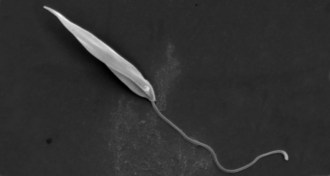 Health & Medicine
Health & MedicineVaccine stops deadly sand-fly-spread scourge in animal test
A DNA vaccine triggers protection against the sand-fly-borne scourge Leishmania.
By Nathan Seppa -
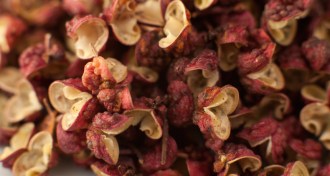 Health & Medicine
Health & MedicineSzechuan pepper taps at nerve fibers
The spice makes lips tingle at 50 beats per second, researchers find.
-
 Health & Medicine
Health & MedicineFructose may be key to weight gain
Mice that could not make or metabolize the sugar gained less weight than normal mice.
By Nathan Seppa -
 Math
MathEgypt wasn’t built in a day, but it did rise quickly
New timeline of ancient civilization’s earliest days finds little time between earliest villages and dominant centralized state.
By Andrew Grant -
 Humans
HumansBabies perk up to sounds of ancient hazards
Evolution has primed infants to focus on noises linked to longstanding dangers, a new study finds.
By Bruce Bower -
 Psychology
PsychologyBehind the Shock Machine
The Untold Story of the Notorious Milgram Psychology Experiments by Gina Perry.
-
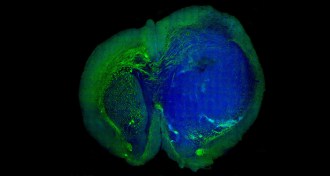 Health & Medicine
Health & MedicineDevice offers promise of no brain tumor left behind
A new technique might allow surgeons to identify with precision where brain cancer ends and healthy tissue begins.
By Nathan Seppa -
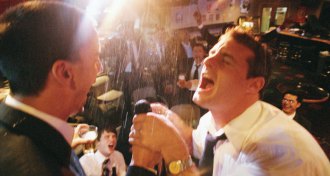 Humans
HumansThe Tune Wreckers
People who can’t carry a tune, or can but think they can’t, are a rich resource for researchers studying musical ability.
By Bruce Bower -
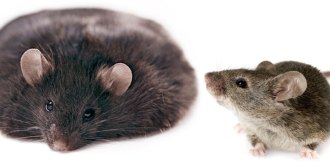 Health & Medicine
Health & MedicineGut infections keep mice lean
Bacteria can invade one rodent from another, preventing both from getting fat.
By Meghan Rosen -
 Health & Medicine
Health & MedicineHeart disease patients more apt to take one combined pill than many
Patients stayed on track better with a "polypill" than with three medications.
By Nathan Seppa -
 Health & Medicine
Health & MedicineTest could warn of problems for kidney transplant recipients
A urine test for an immune protein might tell doctors whether a patient is headed for trouble.
By Nathan Seppa